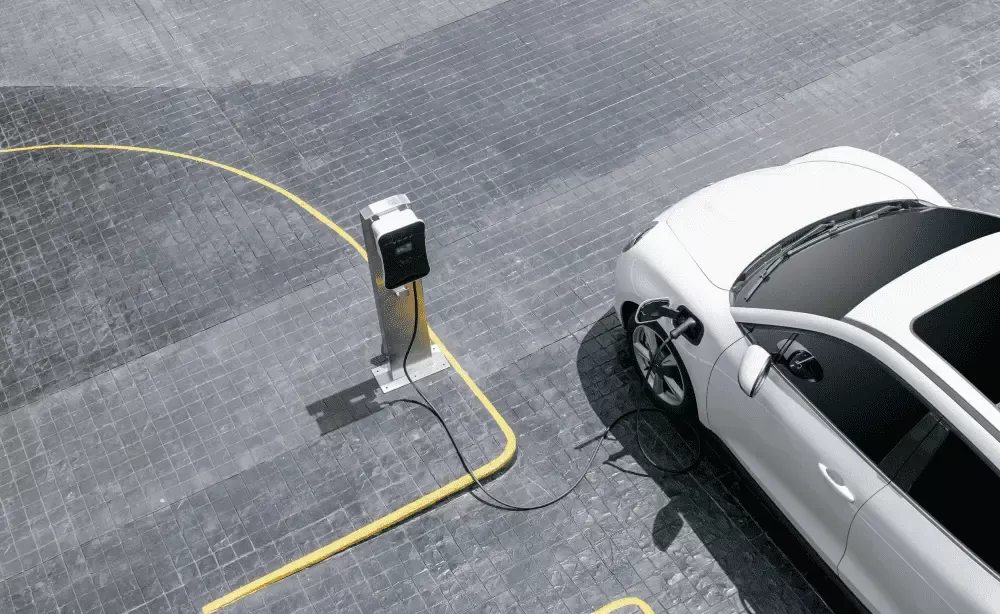Notifications

6 minutes, 24 seconds
-81 Views 0 Comments 0 Likes 0 Reviews

As a top EV charger manufacturer in China, LiCB Charge offers reliable AC and DC electric vehicle charging stations along with complete charging solutions.Many companies are installing EV charging stations in their parking lots as part of their sustainability initiatives. If your workplace offers charging, this can be an ideal solution for daily top-ups.
Benefits:
Convenience: Charge your vehicle while you work—no extra stops required.
Cost Savings: Some employers offer free or subsidized charging.
Eco-Friendly: Encourages greener commuting habits and aligns with corporate sustainability goals.
If workplace charging isn’t yet available, consider speaking with management. Government incentives often support businesses installing EV infrastructure.
For city dwellers without driveways or garages, public on-street EV chargers are a crucial lifeline. These are often located in residential neighborhoods, shopping districts, or near transport hubs.
Tips for Using On-Street Chargers:
Find Nearby Stations: Use apps like PlugShare, ChargePoint, or local municipal websites.
Plan Ahead: Check availability and whether reservations or time limits apply.
Payment: Most accept contactless payments or require membership cards.
Though less convenient than home charging, on-street chargers offer a dependable solution for urban EV owners.
Rapid chargers are typically found at highway service areas, petrol stations, and shopping centers. These units offer high-power output (50kW to 350kW), allowing you to recharge your EV in minutes.
Considerations:
Speed: Great for quick top-ups, but always check your vehicle’s charging capacity.
Cost: Usually more expensive than slower options—best for occasional use.
Availability: Can be busy during peak hours; plan accordingly.
Rapid charging is a valuable backup, especially when you need power in a pinch.
Many businesses now offer EV chargers at locations like malls, hotels, restaurants, and gyms. Known as "destination charging," this method makes it easy to add range while going about your day.
Why It Works:
Time Efficiency: Make use of time already spent shopping or relaxing.
Convenience: No need to go out of your way to charge.
Wider Access: Increasingly available in commercial and hospitality settings.
Use tools like Zap-Map or your EV’s onboard navigation to find destination chargers nearby.
Portable EV chargers are compact devices that plug into standard electrical outlets. They’re ideal for renters, frequent travelers, or anyone without fixed infrastructure.
Advantages:
No Installation Needed: Use any compatible outlet.
Mobility: Bring your charger anywhere—home, work, or on the road.
Affordability: Generally cheaper than installing a dedicated charger.
Pro Tips:
Check Compatibility: Ensure the charger works with your vehicle and power supply.
Understand the Speed: Most portable chargers are slower than fixed stations.
Prioritize Safety: Use reputable brands and avoid extension cords.
Portable chargers offer freedom and peace of mind, particularly in temporary or unpredictable charging situations.
Even without a special charger, you can still charge your EV at home using a regular wall outlet. Most EVs come with a Level 1 charger that plugs into a standard 120V outlet.
How It Works:
Level 1 Charging: Adds about 4–5 miles of range per hour—suitable for overnight charging.
Level 2 via 240V Outlet: If available (e.g., from a dryer outlet), a Level 2 portable charger can significantly reduce charging time.
Safety Tips:
Always ensure the outlet is in good condition.
Avoid using extension cords to prevent overheating.
Consult an electrician if you’re unsure about your home’s wiring capacity.
Though slower, this method is reliable and accessible for many EV owners.
Conclusion
You don’t need a dedicated EV charging station to enjoy the benefits of electric vehicle ownership. From leveraging workplace and public charging stations to investing in a portable unit or using a simple wall outlet, there are plenty of effective alternatives.
Final Tips for EV Charging Without a Home Station:
Plan Ahead: Know where you can charge and integrate it into your routine.
Get a Portable Charger: It’s a worthwhile investment for flexibility and peace of mind.
Encourage Infrastructure Growth: Talk to your employer or local community about expanding charging options.
Compare Costs: Understand which charging options best suit your budget.
Stay Updated: EV technology is evolving—new solutions are constantly emerging.
With the right tools and a little planning, keeping your EV charged at home—without a dedicated station—is easier than ever. Welcome to the future of transportation!Know more about Google SEO Directory
China EV Chargers EV Charger Manufacturer Smart EV Chargers Electric Car Chargers Electric Vehicle Chargers Electric Car Charging Stations

